Cancer discovery news
Our researchers are making the discoveries that defeat cancer. Read the latest findings from our world-leading research.
Visit our main news hub to read about news on new funding, our fundraising activities and much more. If you want to keep updated on our news, you can follow us on social media or sign up for our Search newsletter.
If you’re a journalist and want to find out more, you can contact our media relations team.
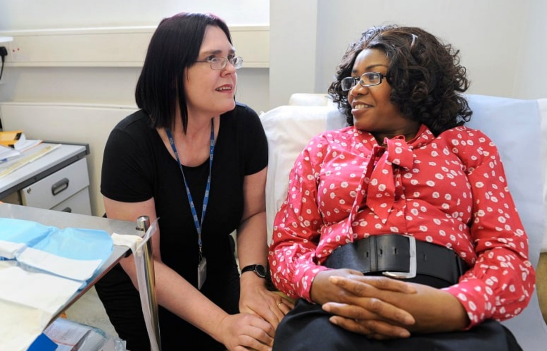
Capivasertib – a huge success story for UK science
The latest major breakthrough in cancer is a drug called capivasertib, which has shown ‘remarkable’ results against advanced breast cancer in its first phase III trial. Henry French gives an update
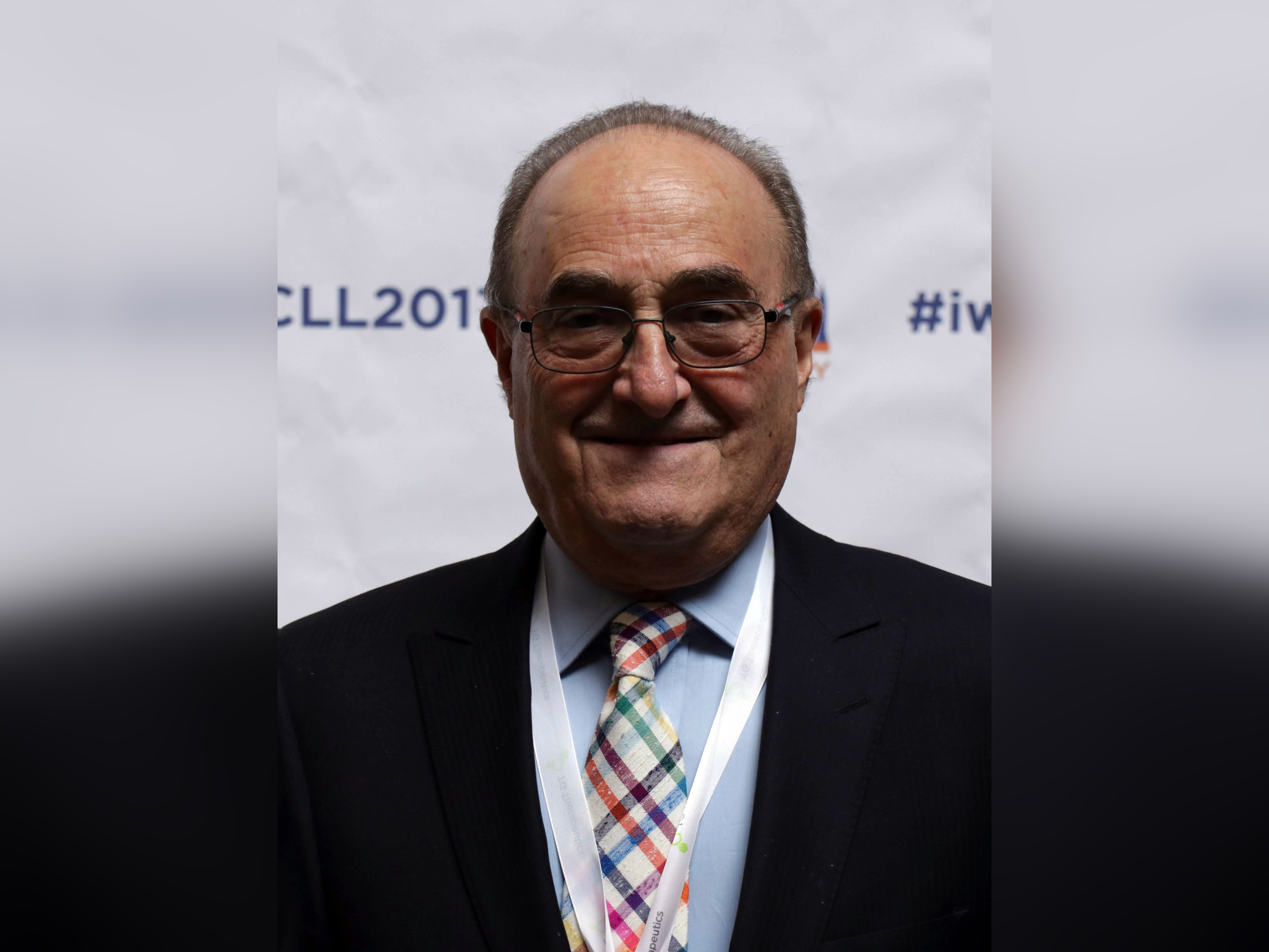
ICR remembers internationally renowned haematologist and researcher Professor Daniel Catovsky
Scientists and clinicians at The Institute of Cancer Research, London, and from around the world, have shared their condolences and celebrated the many achievements of Professor Daniel Catovsky, who died last week.
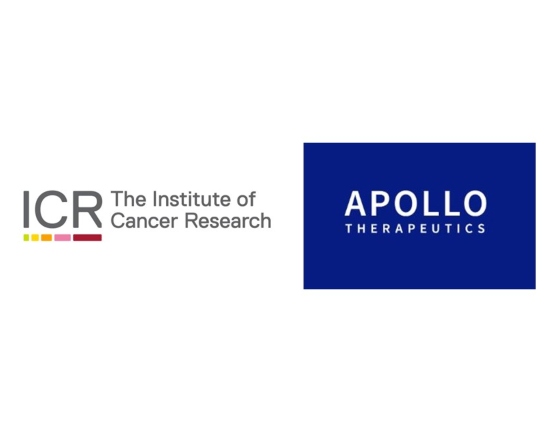
ICR announces new strategic collaboration with Apollo Therapeutics to develop novel cancer drugs
The Institute of Cancer Research, London, and biopharmaceutical company Apollo Therapeutics have announced a new collaboration that will advance the development of new cancer drugs, combining the strengths and expertise of both organisations.

Discovery could lead to new drugs to block protein that fuels bowel cancer
Scientists have revealed the inner workings of a key protein involved in a wide range of cellular processes – potentially paving the way for better and less toxic cancer drugs.
.jpg?sfvrsn=d41b774b_2)
Scientists plot ‘extinction’ of cancers by disrupting their ecosystems
World-leading cancer researchers announce plans to create a new generation of treatments that target the ecosystems supporting cancer. Their new strategy sees cancer genetics and evolution within complex ecosystems as keys to creating new targeted drugs and immunotherapies. They aim to double survival for people with advanced cancer within a decade by combining existing treatments and using smart dosing strategies
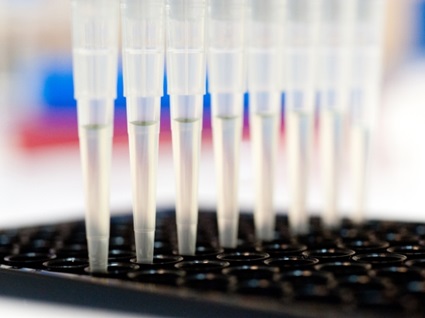
Blood tests may prevent relapse in breast cancer patients
An innovative trial to detect relapse in breast cancer patients with circulating tumour DNA (ctDNA) has opened at our partner hospital, The Royal Marsden NHS Foundation Trust. The TRAK-ER trial, led by researchers at The Royal Marsden and The Institute of Cancer Research, London, will establish a circulating tumour DNA (ctDNA) surveillance programme for over 1,000 patiets with ER positive breast cancer who are currently receiving hormone therapy to reduce their risk of cancer returning.
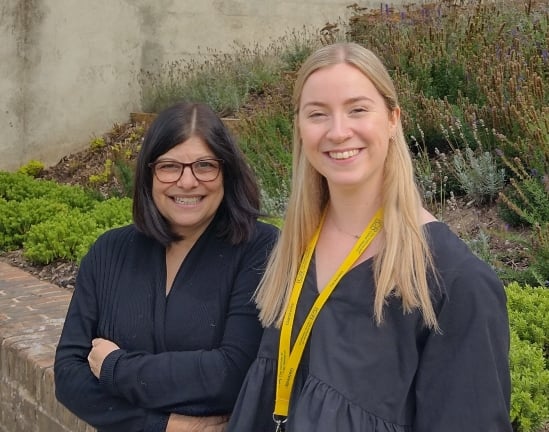
New personalised cancer medicine company moves in at The London Cancer Hub’s Innovation Gateway
Personalised cancer medicine start-up Curesponse has become the latest MedTech company to move in at the Innovation Gateway at The London Cancer Hub in Sutton, south London.

Scientists uncover potential ‘electrical language’ of cancer cells
Breast cancer cells may be able to communicate with each other using electrical impulses, new research suggests.
-(3)-4088-x-3076.jpg?sfvrsn=81e087bc_2)
ICR urges continued negotiation after NICE rejection of olaparib for early breast cancer
The Institute of Cancer Research, London, is urging NHS-England, NICE and pharmaceutical company AstraZeneca to continue discussions after the disappointing decision not to recommend targeted drug olaparib for women with early-stage, high-risk, inherited breast cancer.

Advanced radiotherapy safely treats prostate cancer patients in a quarter of the time of current standard
An advanced radiotherapy technique can be used to safely treat prostate cancer patients in as little as one to two weeks, compared with the current standard, which takes one to two months.

ICR Discovery Club celebrates the second anniversary of the Centre for Cancer Drug Discovery
Members of the ICR’s Discovery Club gathered at The Royal Society to hear about our new five-year research strategy and to mark two years since the opening of our pioneering Centre for Cancer Drug Discovery.
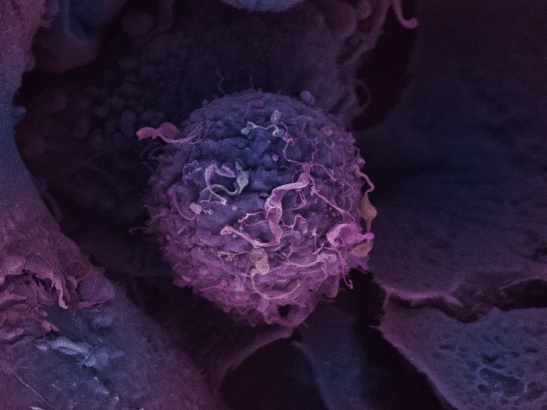
Breast cancer test could guide treatment for more aggressive subtype
A new breast cancer test could detect women who are less likely to respond to a standard breast cancer treatment – and could help improve treatment for these women by giving them other treatment options earlier.